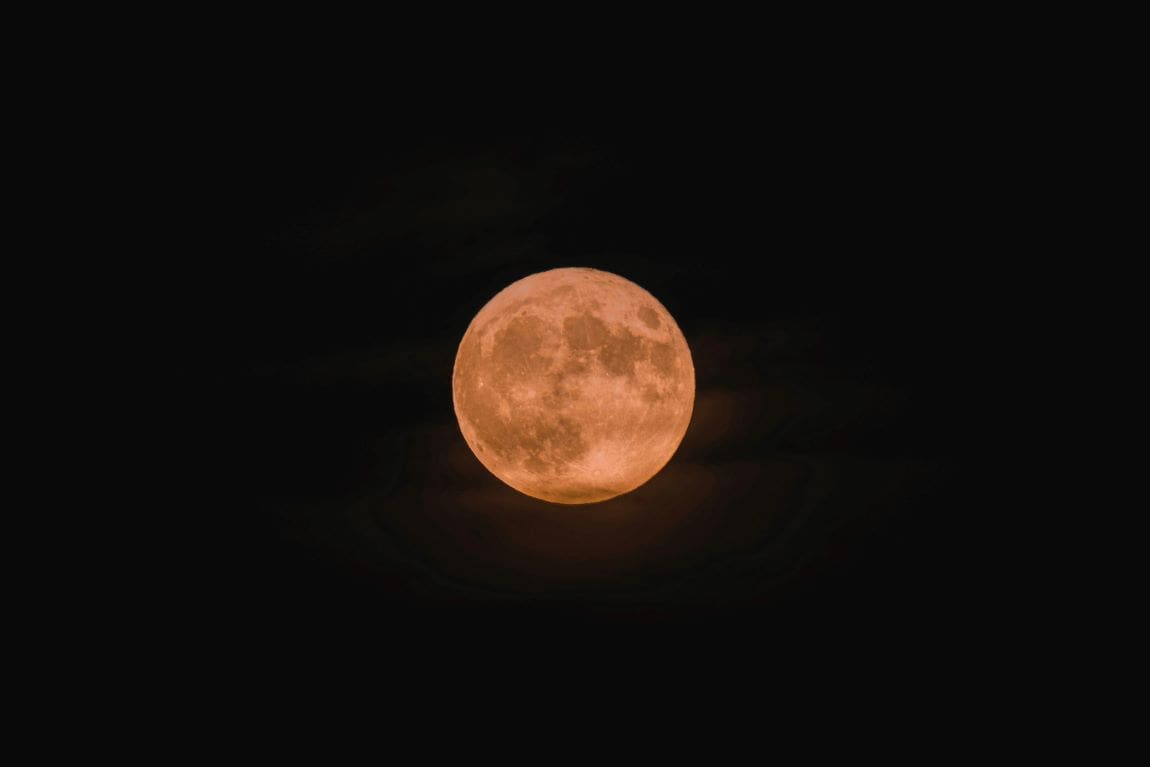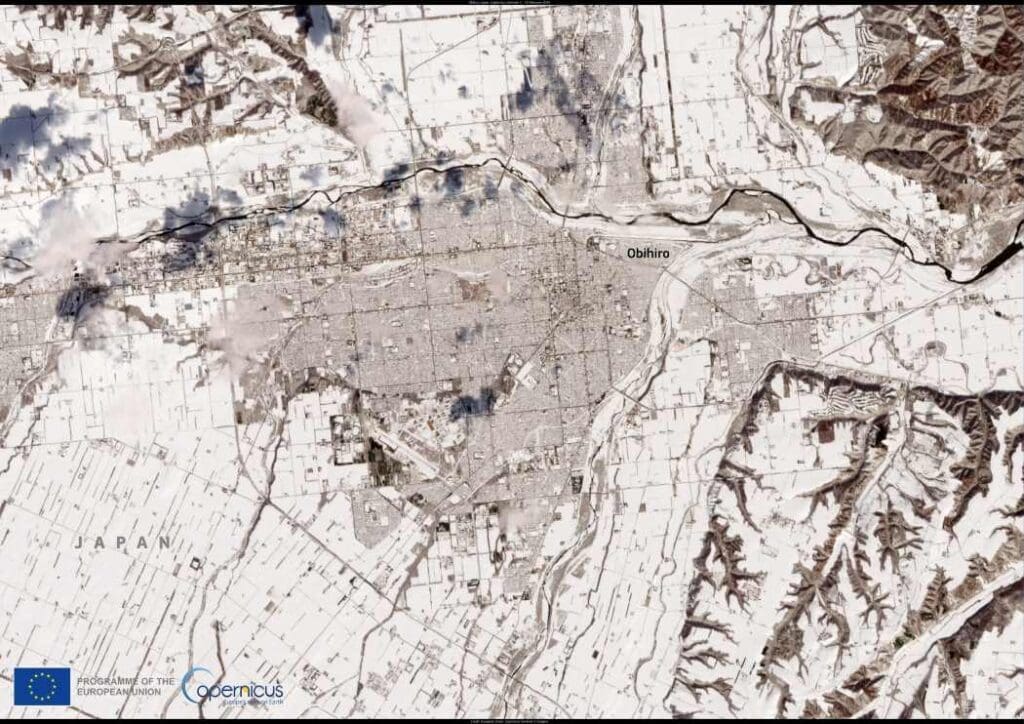Paris, France (AFP) – Human-induced climate change is significantly increasing the number of hot nights for nearly one in three people around the world, a global analysis said Thursday.
High nighttime temperatures can become dangerous if they prevent the human body from cooling off and recovering from daytime heat.
The World Health Organization (WHO) recommends keeping room temperature at or below 24 degrees Celsius during the night — a threshold above which sleep can be uncomfortable.
This is especially important for vulnerable people, such as babies, the elderly and people with chronic health conditions, according to the WHO.
But burning coal, oil and gas which releases climate-warming emissions into the atmosphere is fuelling a rise in nights above 25C, according to Climate Central, an independent group of scientists and climate communicators.
– ‘Cascading impacts’ –
Around 2.4 billion people experienced at least two additional weeks on average per year over the past decade when the thermometer didn’t fall below 25C at night, it found.
“Warmer nighttime temperatures, particularly during hot times of the year, can harm sleep and can reduce physical recovery from hot daytime temperatures, both of which can have cascading impacts on health outcomes,” Nick Obradovich, a chief scientist at the Laureate Institute for Brain Research, told AFP.
This year has seen heat records tumble, with extreme temperatures gripping vast swathes of the world from India to Saudi Arabia and Mexico, often staying high at night.
The analysis compared the annual average of hot nights between 2014 and 2023 with a counterfactual world without human-caused climate change based on a peer-reviewed methodology using models that incorporate historical data.
Long-term historical data being patchy or missing for many countries, researchers decided to compare their findings with an imaginary world where the only thing that has changed is the amount of carbon in the atmosphere.
The Caribbean nation of Trinidad and Tobago experienced the largest increase of any country, with an extra 47 nights per year above 25C. The Indian city of Mumbai endured an additional two months of hot nights.
The 25C threshold “isn’t some hard-and-fast number below which health is fine and above which health is harmed,” Obradovich, who was not involved in the analysis, explained.
“Hotter nighttime temperatures, on average, are worse for health,” he added, but the impacts on people vary.
However, when heat is coupled with high humidity levels, the consequences can turn deadly.
Several studies have shown that nocturnal temperatures above 25C deteriorate the quality and length of sleep — which is vital for humans to function — and increase the risks of strokes, cardiovascular conditions and mortality.
The elderly and people on lower-income are disproportionally affected, researchers previously found.
chf/eab/yad
© Agence France-Presse
Featured image credit: Francesco Ungaro | Pexels




